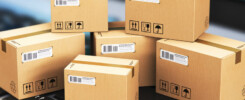A sponge may not be the most hygienic way to clean dishes, study suggests, but there is an alternative
Kitchen sponges harbor more bacteria than kitchen brushes, which may be a more hygienic way to clean your dishes, according to researchers in Norway.
“Salmonella and other bacteria grow and survive better in sponges than in brushes, the reason is that sponges in daily use never dry up,” said Trond Møretrø, a research scientist at Nofima, a Norwegian food research institute.
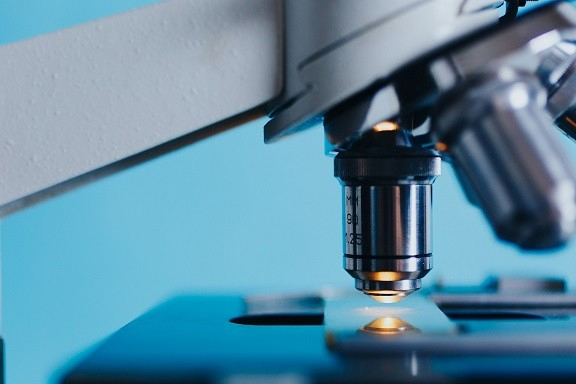
“A single sponge can harbor a higher number of bacteria than there are people on Earth,” said Møretrø, an author of a new study, which published online in the Journal of Applied Microbiology.
While many bacteria are not harmful, those that are — like salmonella — can spread from sponges to hands, kitchen surfaces and equipment and potentially make people sick, he said.
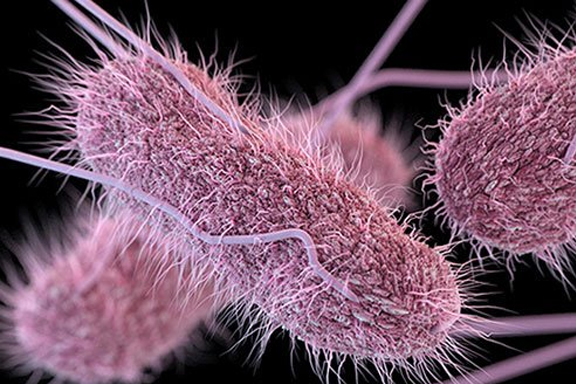
“The sponge is humid and accumulates food residues which are also food for bacteria, leading to rapid growth of bacteria.”
What surprised the researchers most about their findings was that it didn’t really matter how people cleaned their sponge or how often.
“That the way the consumers used their sponges did not matter much regarding growth of bacteria. It is very difficult for consumers to avoid bacterial growth in the sponges as long as the sponges are not replaced daily,” Møretrø said.
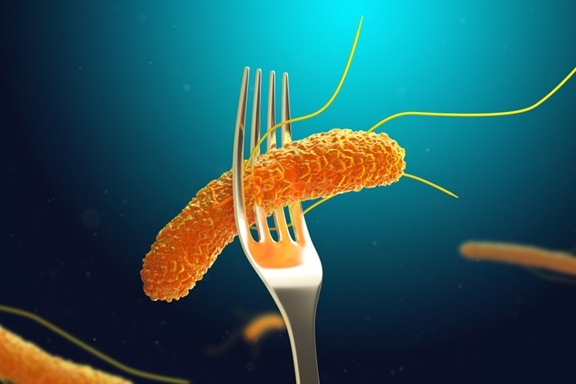
The research on the used sponges and brushes builds on a lab-based study published last year by the same team of researchers, which found that harmful bacteria survived better in sponges than in brushes.
In the United States, the USDA said that that microwaving or boiling kitchen sponges may reduce “some of the bacterial load,” however these measures alone are not adequate to ensure your sponge will reduce cross-contamination. It advised to buy new ones frequently.
The research was part of a European Union-backed project on food safety.
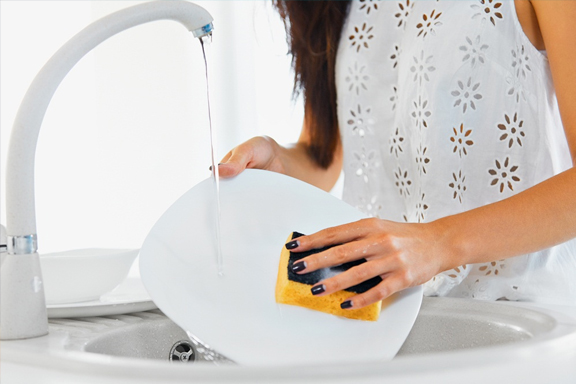
source : edition.cnn.com


